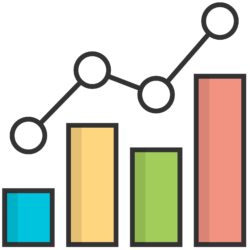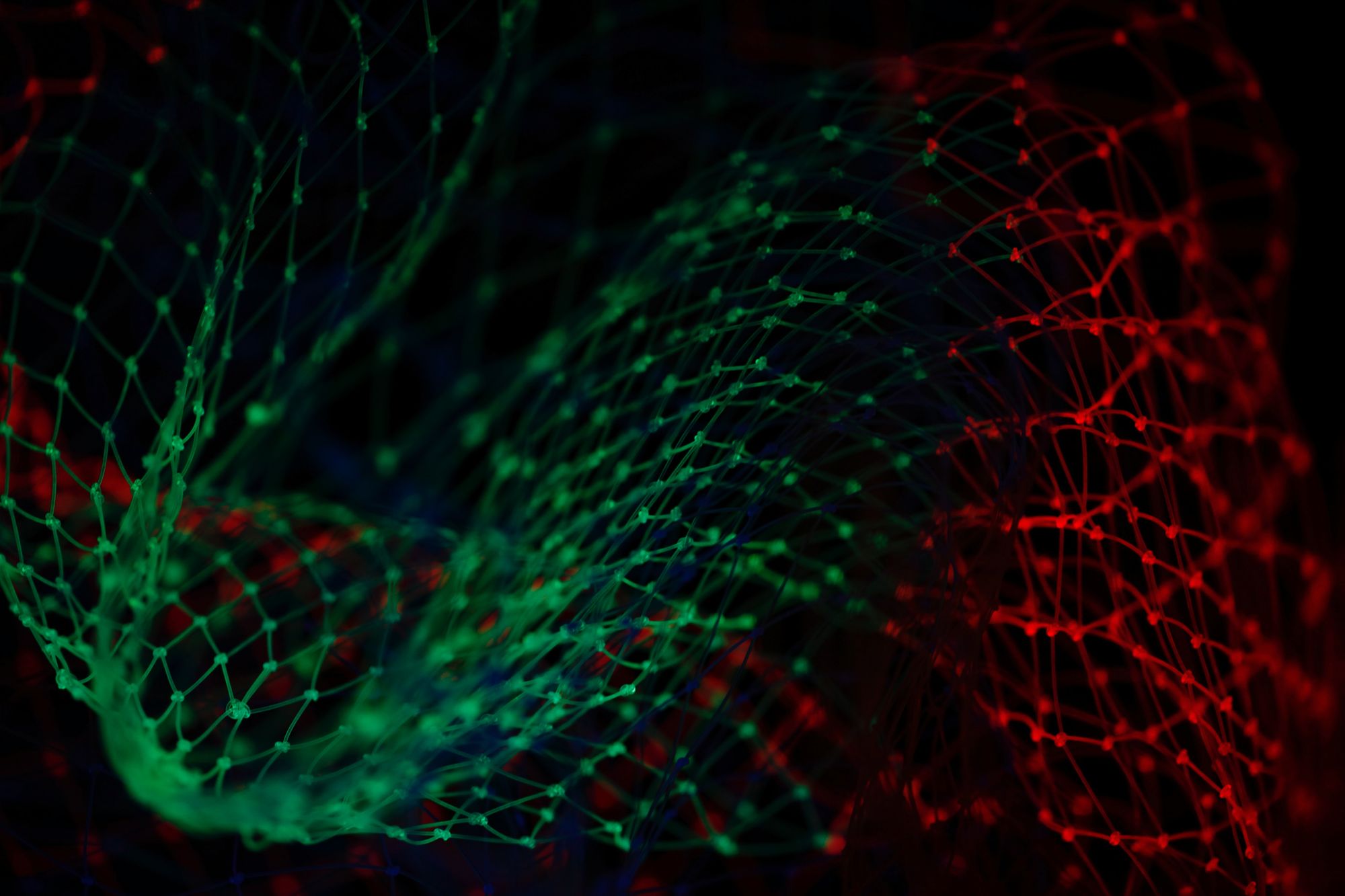So we’ve decided what metrics we want to track for our machine learning project. Because ML needs data, we need to get it.
In some cases we get lucky and we already have it. Maybe we want to predict the failure of pieces of equipment in a factory. There are already lots of sensors measuring the performance of the equipment and there are service logs saying what was replaced for each equipment. In theory, all we need is a bit of a big data processing pipeline, say with Apache Spark, and we can get the data in the form of (input, output) pairs that can be fed into a machine learning classifiers that predicts if an equipment will fail based on the last 10 values measures from its sensors. In practice, we’ll find that sensors of the same time that come from different manufacturers have different ranges of possible values, so they will all have to be normalized. Or that the service logs are filled out differently by different people, so that will have to be standardized as well. Or worse, the sensor data is good, but it’s kept only for 1 month to save on storage costs so we have to fix that and wait a couple of months for more training data to accumulate.
The next best case is that we don’t have the data, but we can get it somehow. Maybe there are already datasets on the internet that we can download for free. This is the case for most face recognition applications: there are plenty of annotated face datasets out there, with various licenses. In some cases the dataset must be bought, for example, if we want to start a new ad network, there are plenty of datasets available online of personal data about everyone, which can be used then to predict the likelihood of clicking on an ad. That’s the business model of many startups…
The worst case is that we don’t have data and we can’t find it out there. Maybe it’s because we have a very specific niche, such as we want to find defects in the manufacturing process of our specific widgets, so we can’t use random images from the internet to learn this. Or maybe we want to do something that is really new (or very valuable), in which case we will have to gather the data ourselves. If we want to solve something in the physical world, that will mean installing sensors to gather data. After we get the raw data, such as images of our widgets coming of the production line, we will have to annotate those images. This means getting them in front of humans who know how to tell if a widget is good or defective. There needs to be a Q&A process in this, because even humans have an error rate, so each image will have to be labeled by at least three humans. We need several thousand samples, so this will take some time to set up, even if we can use crowdsourcing websites such as AWS Mechanical Turk to distribute the tasks to many workers across the world.
All this is done, we finally have data. Time to start doing the actual ML…

